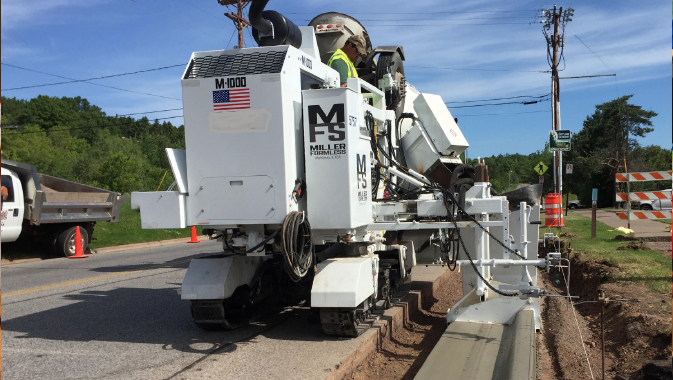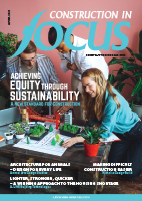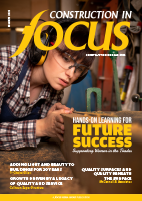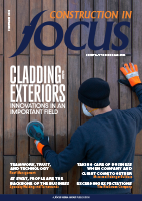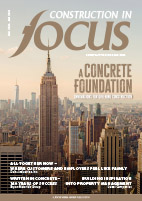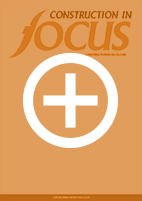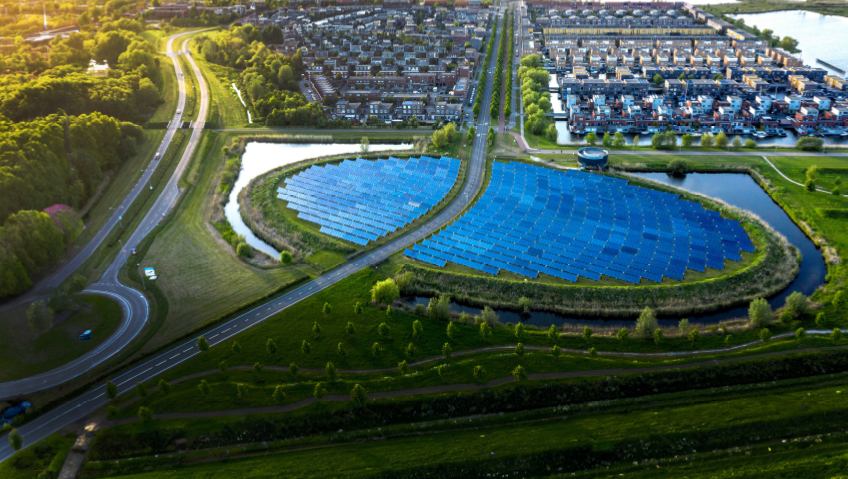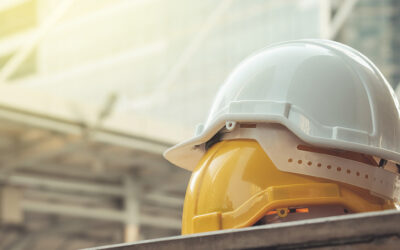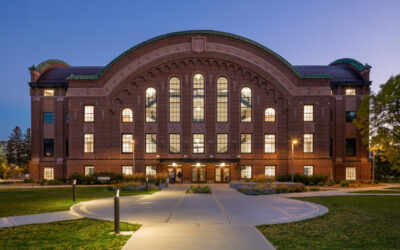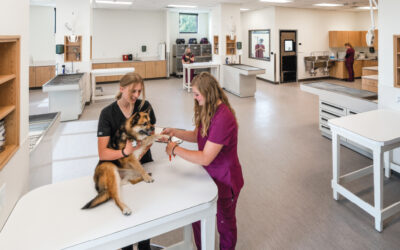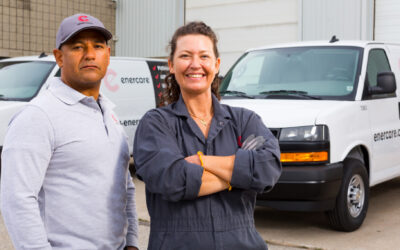Miller Formless provides quality paving equipment for the construction industry. Miller offers a line of products including slip-form curb and gutter equipment and barrier wall machines that can perform paving, footings and any other application related to slip-forming concrete.
~
Chuck Miller, the company’s founder, incorporated Miller Formless in 1970, but he built his first slip-form machine much earlier, in 1966. He was working for his father’s construction company in the Chicago area, and he began thinking that there must be a better way to form curb and barrier walls than the hand-forming process that they were using at the time. He designed and built a machine that could continuously pour and form concrete as it went, a process known as slip-forming. That machine was the genesis of Miller Formless.
Chuck Miller ran his company for fifty years, until 2015, when, as he was considering retirement, he decided to seek the advice of a friend with some experience. Scott Smith and his father, John, had recently sold a civil engineering firm, and Chuck looked to the two of them for guidance, and they realized that there was a mutual opportunity. In October of 2015, Scott Smith, John Smith and Tom Uutala negotiated a deal with Chuck to buy the company.
Scott Smith and Tom Uutala met as members of the golf team at Marquette University in Milwaukee, developed a friendship and ultimately went into business together. Within Miller Formless they operate as partners with Scott as chief executive officer and Tom as chief financial officer. Together, they have set the company on a path of rapid growth.
Today, Miller Formless operates from 80,000 square feet of manufacturing space in McHenry, Illinois and employs roughly forty-five people. This is close to the largest that Miller has ever been in its history, and the company has seen significant growth since its purchase.
Any time a company changes leadership, there is a chance that something will be lost in the transition. Many of the company’s employees have been with Miller a long time, some upwards of forty years, and the new executives made a commitment to respect and cherish the culture of the company as they work toward further growth. “One of the things we promised Chuck,” says Scott Smith, “one of the things he asked of us was, ‘protect my family.’ He meant the people who had figuratively bled with him for years putting these machines together, and I think we’ve done him good by that.”
Recently, the company has begun to take advantage of global markets. In October of 2016, it allied with Guntert and Zimmerman, a large format paving equipment manufacturer from Ripon California. Each company recognized the value in the other’s product line, and together, developed an agreement so each can offer products from both lines. This agreement provides Miller access to markets that require larger equipment for projects such as airport runways and interstate highways in new regions around the world.
An agreement with a company called Linnhoff India has led to Miller manufacturing equipment in India, an area where the company had never done any work in the past. Miller Formless builds machines used worldwide, and there are very few competing machines available in the marketplace. Global expansion was a necessary step in the progression of the company, and under the new leadership, Miller’s reach is rapidly climbing. Today, Miller machines are operating in the United States, Canada, Central America, Europe, Asia and Australia.
Miller Formless takes great pride in the quality of the machines it builds, but the real value it offers its customers is its expertise. It aims to be a direct conduit to information, assistance and education on the various aspects of concrete application. The team knows concrete and is firmly committed to sharing what it knows. The company has worked throughout its history to advance its understanding of the material and be expert in every aspect of concrete and its application.
“Long after the machines are gone, the concrete will have to maintain its finish and its durability,” says Smith. “Regardless of whether or not somebody has a Miller Formless machine, we want to be the go-to place for anyone to call us and ask about slip-forming concrete, its various benefits and applications.”
One of the challenges facing the company today is managing growth. The market is growing dramatically, and Miller is growing with it. Demand for its machines is approaching capacity and the company is taking a very careful look at how to accelerate production without sacrificing quality. Suppliers that provide it with parts that it cannot manufacture in-house are being similarly affected, which can sometimes result in further challenges. While this demonstrates economic growth that will benefit Miller in the long run, it does present its own set of challenges for the company’s day-to-day business. Careful planning and avow to never cut corners on quality is enabling the company to press on.
The line of equipment that Miller offers has come a long way since Chuck Miller’s first machine. The company is recognized for the excellence of the equipment it produces. The foundation of a good slip-form machine is stability, and a stable machine results in a consistent pour and a clean result in the end. Miller machines are well-built, durable and very stable. While many similar machines use conveyors to pour concrete, Miller slip-form pavers use an auger system that can transport more concrete and begin compacting it immediately. Miller has designed some of the best equipment in the marketplace, but the feature that has elevated it above the rest is the quality of its molds.
Miller machine molds are designed with installation in mind. The company has around 2,500 mold designs for a wide range of purposes. Using a mold designed specifically for the job at hand results in a clean finish, and the feedback it receives from customers reflects that.
The desire to develop the understanding of the material and the process is what has pushed the team to remain atop developments in slip-form technology. Telemetry for real-time data collection and analysis is finding uses in nearly every market, and the company is considering outfitting a slip-form paving machine with sensors. This way, critical information about the state of the equipment can be used to notify the operator of any mechanical or electrical problems immediately, which could prevent further damage to the equipment. The effects of this technology could be wide-ranging. Miller machines are already among the most technologically advanced, and the company promises further modernization going forward.
On one hand, Miller Formless is a veteran company with decades of experience in the manufacture of slip-form equipment, but on the other, it is a fresh company with aggressive new leadership. Over the last decade, the American economy faced challenges that resulted in many businesses failing. The company weathered that storm and came out the other side ready to grow.
“Miller Formless is not just strong,” says Smith. “We’re growing; we’re better. My college roommate and business partner and myself are committed to keeping Miller Formless ahead of the market. We’re young; we’re aggressive, and Miller Formless is going to be around for a long, long time.”

